
- Article
- Article
Duelling doctors
An enduring enthusiasm for 18th-century gentlemen to defend their ‘honour’ by duelling placed doctors in a delicate position. Specially when they faced being shot themselves.

- Article
- Article
A brief history of ventilation
As ventilators continue to play an important part in helping very ill coronavirus patients, medical historian Dr Lindsey Fitzharris traces their development from the first attempts at mouth-to-mouth resuscitation through centuries of medical crises.

- Article
- Article
Why “crazy cat ladies” are healthier than you may think
Writer Erica Crompton ponders the reasons behind the misogynist “crazy cat lady” trope, and reclaims cat ownership as a positive way to help restore mental equilibrium.

- Article
- Article
Bloody capitalism and the cash flow of the menstrual cycle
Once they thrived on taboos and shame. Now period-product manufacturers are finding new ways to flourish in this era of period activism – but products aren’t the end of the story.

- Article
- Article
Celebrating our soft toys
After cuddling a teddy bear cured her insomnia, Elspeth Wilson was inspired to speak to four other autistic and disabled adults, who praise the roles soft toys play in their lives.

- Article
- Article
The psychological impact of nuclear war
How would you hold up psychologically if a nuclear bomb was dropped? Discover the British government’s secret predictions from the 1980s.
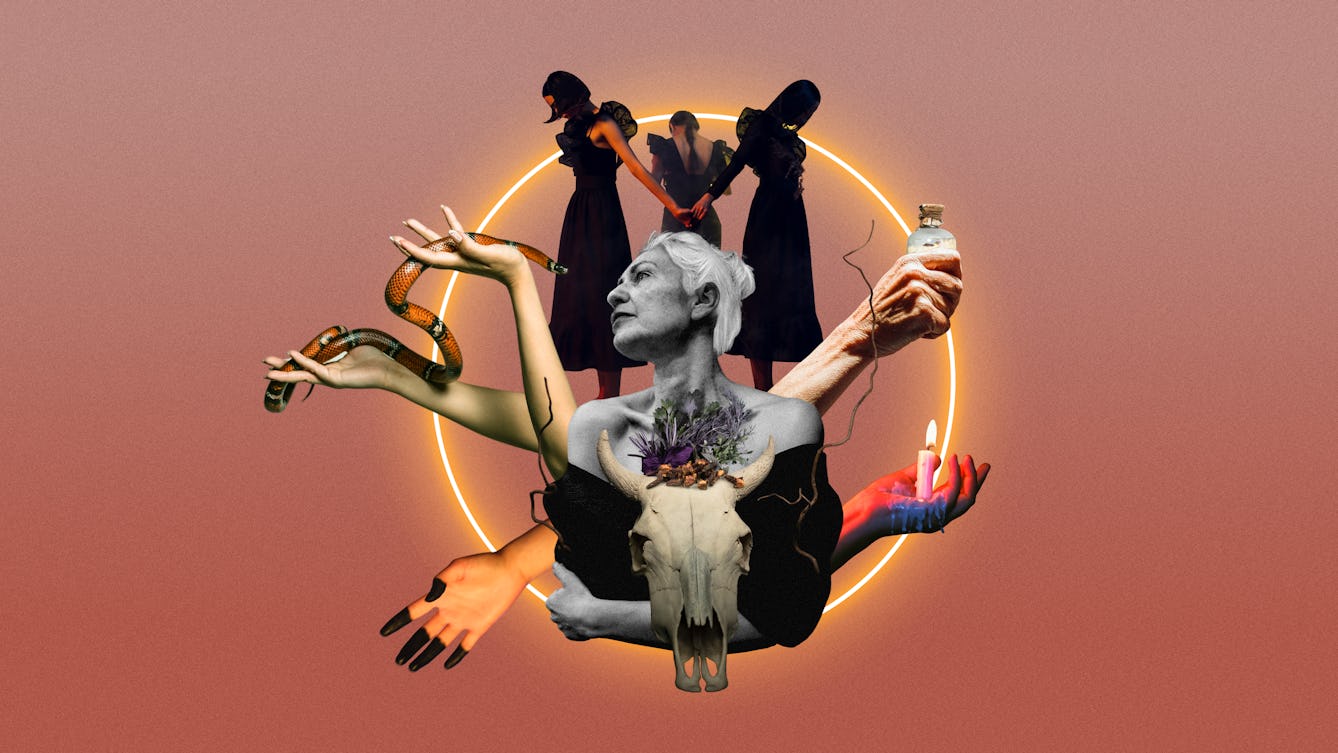
- Article
- Article
Witches
Many of the women persecuted as witches in the 16th-century “witch craze” were over 50 and exhibited signs of menopause. Helen Foster suggests that the stigma of the wicked witch still affects older women and how they deal with menopause.

- Article
- Article
How tuberculosis became a test case for eugenic theory
A 19th-century collaboration that failed to prove how facial features could indicate the diseases people were most likely to suffer from became a significant stepping stone in the new ‘science’ of eugenics.

- Article
- Article
Shame and how our bodies betray us
Embarrassment about our desires, bodies and bodily functions can silence us. Lucia Osborne-Crowley asks whether a low-level but constant sense of shame is stopping us getting the help we need.

- Article
- Article
The seizure dog
Aparna Nair's dog Charlie made her feel safe in the world. His uncanny ability to sense when she was about to experience a seizure also gave her an unexpected ally in her struggles with epilepsy.

- Interview
- Interview
Meet the climate emergency
Find out what led Yinka Shonibare to create the compelling artwork ‘Refugee Astronaut’.

- Article
- Article
Sick of being lonely
When his relationship ended, Thom James first withdrew from the world, then began to suffer from illnesses with no apparent physical cause.

- Interview
- Interview
Inside the minds of Teeth’s two curators, James Peto and Emily Scott-Dearing
James Peto and Emily Scott-Dearing talk visceral reactions, their interactions and object extractions.
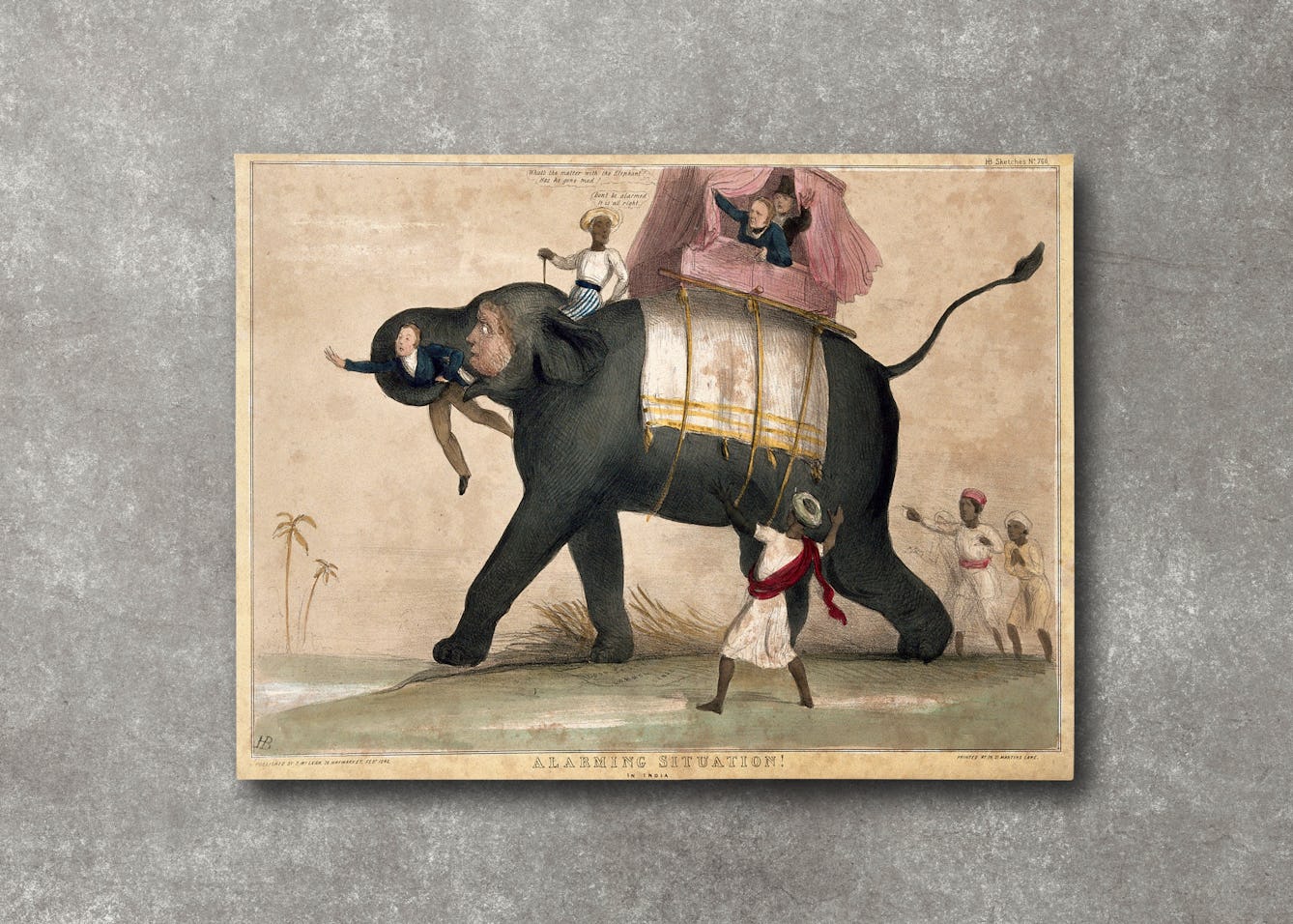
- Article
- Article
Aphasia and drawing elephants
When Thomas Parkinson investigated the history of “speech science”, he discovered an unexpected link between empire, elephants and aphasia.

- Article
- Article
The significance of safe spaces as refuges from racism
Beer writer David Jesudason discusses the impact racism has had on his mental health, and the consolation offered by pubs that feel truly safe.

- Article
- Article
Eugenics and the welfare state
Indy Bhullar explores the ideas of William Beveridge and Richard Titmuss, who were strongly influenced by eugenic thinking, and yet championed the idea of the welfare state.

- Article
- Article
Intelligence testing, race and eugenics
Specious ideas and assumptions about intelligence that were born during the great flourishing of eugenics well over 100 years ago still inform the British education system today, as Nazlin Bhimani reveals.
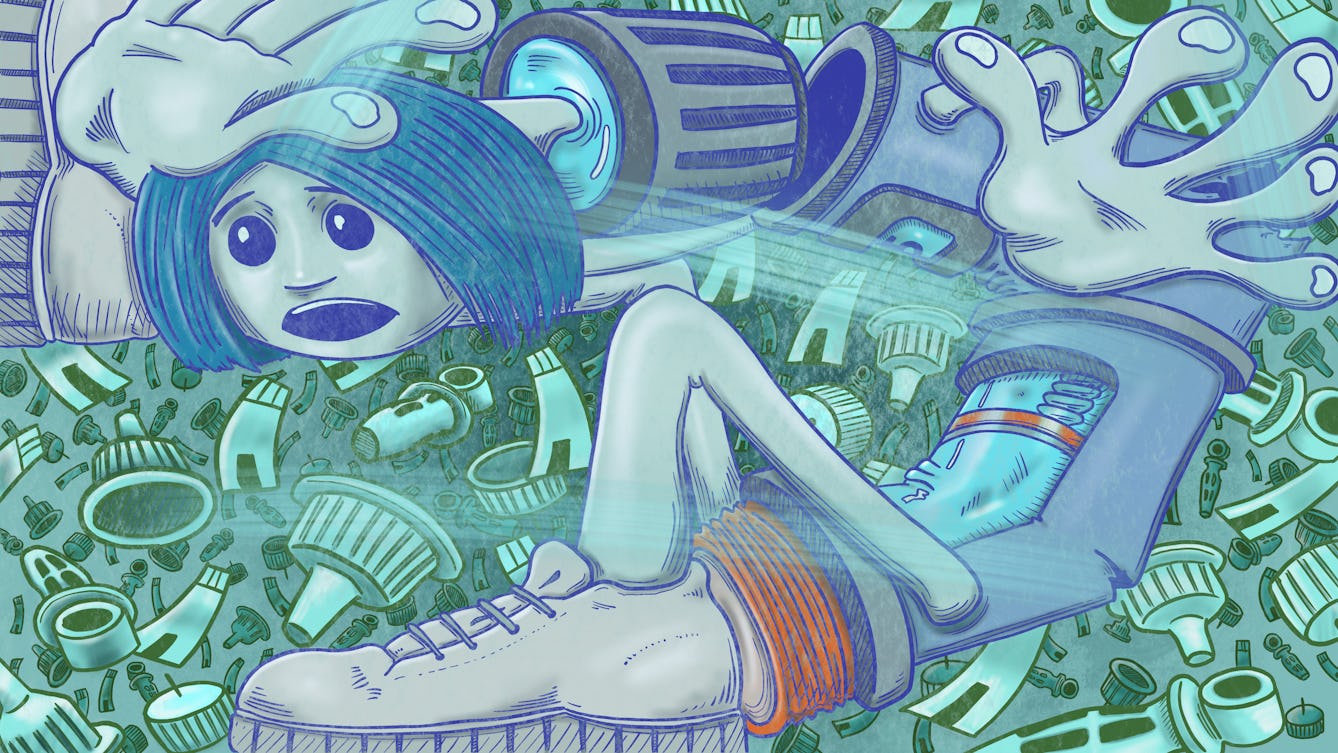
- Article
- Article
Abandoning daydreams of a life without diabetes
After years of longing for a cure for her type 1 diabetes, Daisy Watson Shaw, partly due to medical advances in managing the condition, has reached a state of acceptance. Her wishes now are for greater understanding.

- Article
- Article
This is a MOOD
Adults might sometimes dismiss teenagers’ ‘moodiness’, but adolescence is a time of complex shifts in brain and body, which are intricately bound up with fluctuating feelings.

- Article
- Article
The father of handwashing
Doctors performing autopsies and then delivering babies – with not a hint of soap in between – was the grim recipe producing a lot of motherless offspring in the 1800s. But one man’s gargantuan efforts to upend accepted medical thinking turned the tide.
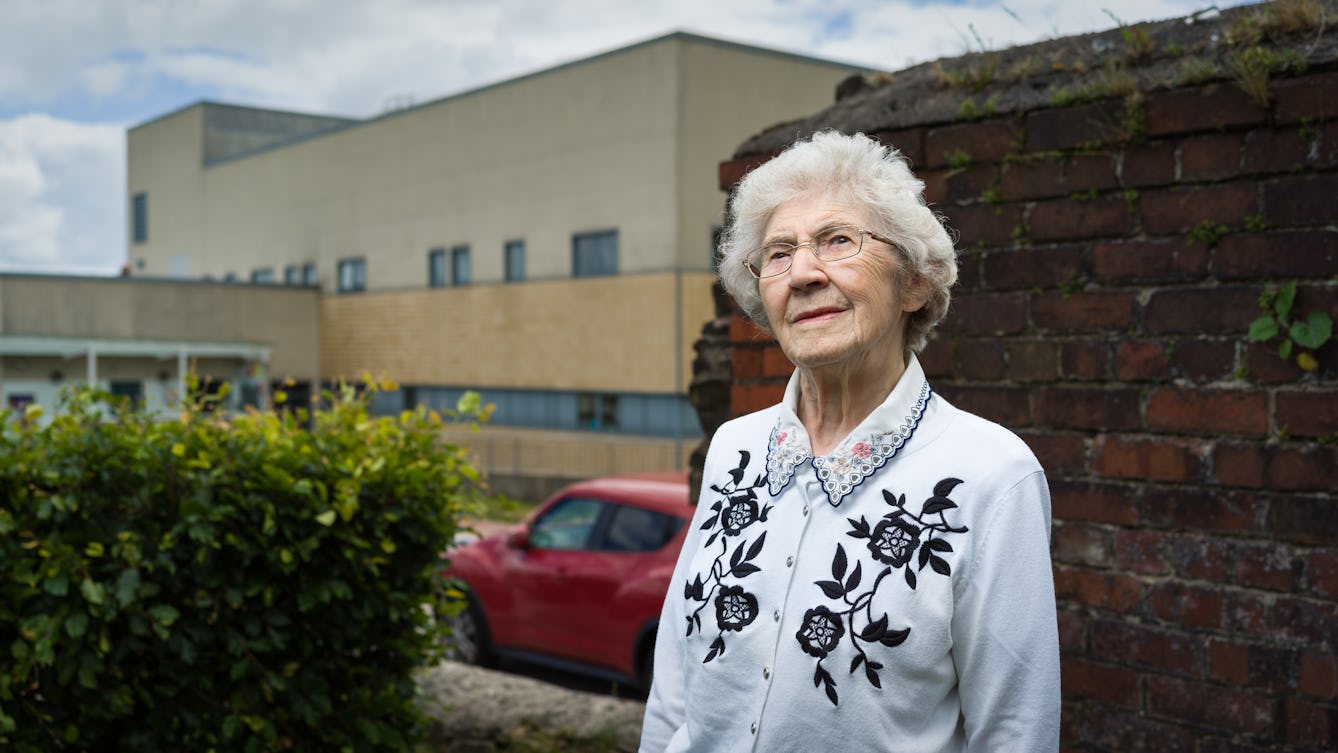
- Article
- Article
The birth of Britain's National Health Service
Starkly unequal access to healthcare gave rise to Nye Bevan’s creation of a truly national health service.

- Article
- Article
Thomas Sankara and the stomachs that made themselves heard
Thomas Sankara’s vision to transform farming and health in Burkina Faso turned to dust with his assassination. Perry Blankson highlights the considerable achievements of Sankara’s brief span in power.

- Article
- Article
WhatsApp aunties and the spread of fake news
The advantages of WhatApp chat groups – especially as a cost-free way of keeping in touch with family around the world – make them fertile ground for the spread of bogus medical advice. Writer Rianna Walcott explores how to encourage ‘aunties’ in the community to question the truth of unattributed health hoaxes.
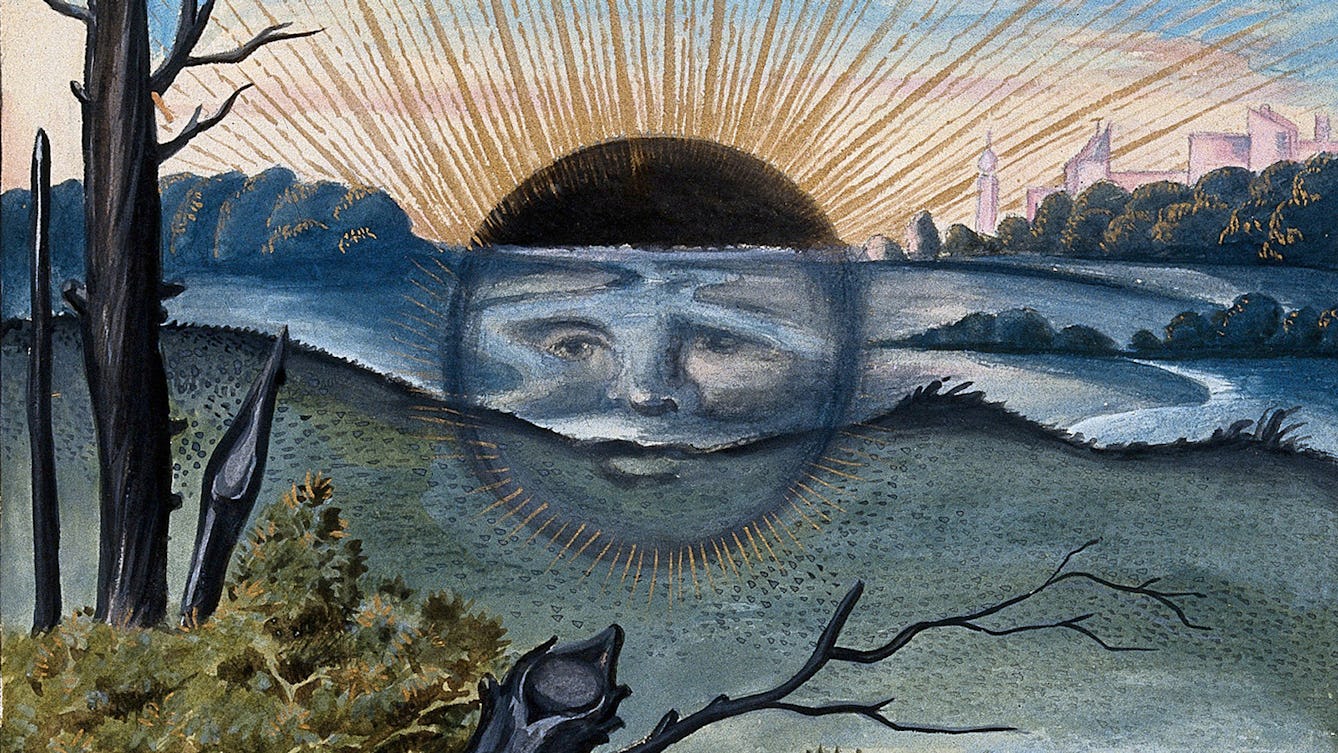
- Book extract
- Book extract
Winter blues and the story of SAD
In ‘Chasing the Sun‘ Linda Geddes reveals why for some people, winter is literally depressing, showing how we first came to recognise seasonal affective disorder (SAD).

- Book extract
- Book extract
Eating their own kind
In his grisly history of cannibalism, zoologist Bill Schutt asks what drives an animal to feast on its own flesh and blood.